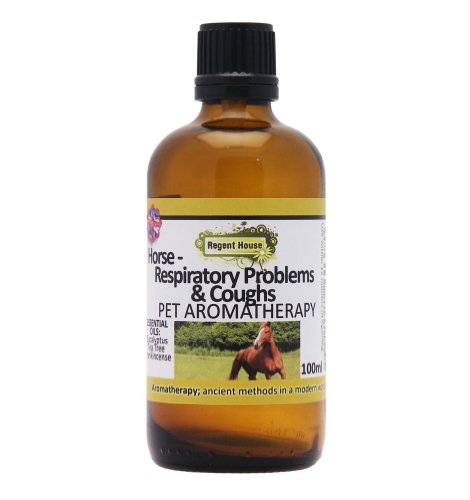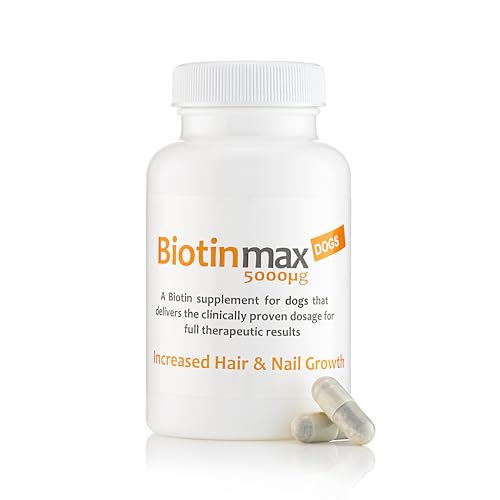Understanding Horse Cough: Symptoms and Causes
Recognising Symptoms of Horse Cough
We can easily identify a cough in horses as a sudden, sharp noise coming from their respiratory system. It might be a dry cough, where there’s no mucus present, or it could be wet, accompanied by phlegm. Additional signs we should be alert to include nasal discharge, laboured breathing, or a reduced appetite. If our horse has developed a cough, we might also notice them coughing more frequently when they’re exercising or when they’re exposed to dust, hay, or other irritants.
Understanding the Causes of Cough in Horses
Several factors can lead to a horse developing a cough. Often, it is as simple as dust or allergens in their environment, which irritate the airways. Other common causes include respiratory infections, such as equine influenza, or conditions such as heaves, which is an allergic reaction to allergens in the air. More serious issues can also arise, like pneumonia or other forms of inflammation in the lungs. By considering these potential causes, we can better approach our horse’s symptoms with the right treatment.
Types of Horse Cough Medicines: What You Need to Know
Different Medicines for Different Needs
When exploring cough medicines for horses, we typically encounter several types. Expectors are designed to loosen mucus, making it easier for the horse to expel it, while antitussives help reduce the cough reflex altogether. If we are dealing with inflammatory issues, corticosteroids can be useful to lower inflammation in the airways. Knowing the distinctions between these types allows us to make informed decisions about which medicine could be most beneficial for our horse.
Active Ingredients to Look For
The active ingredients in cough medicines can significantly influence their effectiveness. Ingredients such as guaifenesin are popular for their expectorant properties, helping to thin mucus. Alternatively, dextromethorphan might be present in antitussives, effectively suppressing coughs. Understanding these components helps us evaluate the product’s functionality and whether it aligns with our horse’s specific needs.
How to Choose the Right Cough Medicine for Your Horse
Assessing Your Horse’s Symptoms
Before choosing a cough medicine, we must carefully assess our horse’s symptoms. Is the cough dry or wet? Are there accompanying signs like nasal discharge or fever? These observations guide us toward selecting the most suitable product. Consulting with a veterinarian is advisable if symptoms persist or worsen, as they can provide tailored recommendations.
Considering Your Horse’s Overall Health
Our horse’s overall health plays a crucial role in selecting cough medicine. If the horse has existing health conditions, such as allergies or chronic respiratory issues, these factors will influence our choice. A safer, perhaps milder product might be appropriate, ensuring we don’t aggravate other health concerns.
Administering Cough Medicine: Best Practices for Effectiveness
Methods of Administration
Cough medicines for horses can typically be administered in several ways, with the most common being orally. Some products come in syrup form, while others might be powders or granules that we can mix with food. Always follow the prescribed dosage indicated on the medication packaging or recommended by a vet for maximum efficacy.
Timeliness is Key for Effectiveness
Administering cough medicines at the right times enhances their effectiveness. If our horse seems calm and relaxed, typically after exercise or during a routine feeding time can be optimal. Consistency is important, so we should establish a routine that aligns with our horse’s feeding or daily care schedule.
Ensuring Overall Respiratory Health for Your Horse
Creating a Healthy Environment
To promote respiratory health, creating a clean and dust-free environment for our horse is essential. Machineries especially designed for dust control, such as good quality bedding and regularly cleaned stalls, can make a positive difference. Additionally, providing ample ventilation can help reduce allergens and irritants in the air.
Regular Health Check-Ups
Regular health check-ups with a veterinarian are vital in maintaining our horse’s respiratory health. These visits can identify any developing issues early and allow us to take preventative measures. Ensuring our horse is up to date with vaccinations also helps safeguard them against viral infections that could lead to respiratory problems.
















